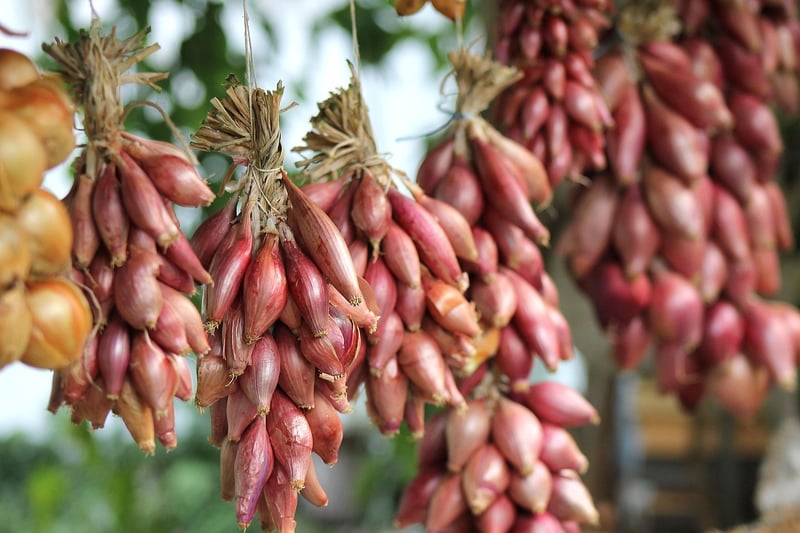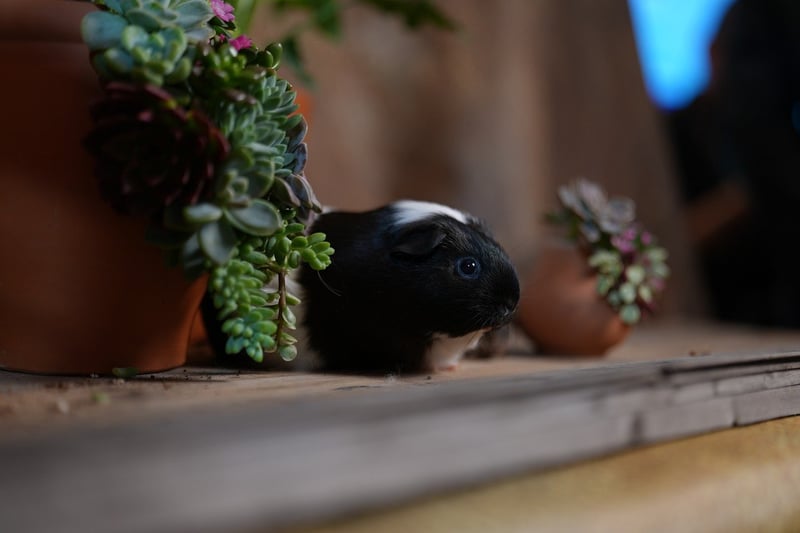Companion Planting
Expert Advice for Urban Growers + Companion Planting
Urban gardening is a rewarding and sustainable way to grow your own food, even in limited spaces. Whether you have a small balcony, rooftop, or a tiny backyard, you can still cultivate a thriving garden with the right knowledge and tools. In this article, we will explore expert advice for urban growers and delve into the concept of companion planting to maximize your garden's potential.
Urban Gardening Tips:
- Know Your Space: Assess the amount of sunlight your space receives to determine which plants will thrive best.
- Choose the Right Containers: Opt for containers that are suitable for the size of your plants and provide proper drainage.
- Use Vertical Space: Maximize space by utilizing vertical planters, hanging baskets, or trellises.
- Water Regularly: Urban environments can be hotter and drier, so ensure your plants are adequately hydrated.
- Feed Your Plants: Use organic fertilizers to nourish your plants and promote healthy growth.
- Companion Planting: Pairing compatible plants together can benefit growth, deter pests, and improve flavor.
Companion Planting:
Companion planting is a gardening technique where different plants are grown in close proximity to enhance each other's growth or protect each other from pests. Here are some common companion planting combinations:
- Tomatoes and Basil: Basil repels pests that can damage tomato plants and enhances the flavor of tomatoes.
- Carrots and Onions: Planting onions alongside carrots can deter carrot flies and other pests.
- Beans and Corn: Beans fix nitrogen in the soil, benefiting corn, which requires a lot of nitrogen for growth.
- Lettuce and Radishes: Radishes repel pests that can damage lettuce plants and grow quickly, making use of space between lettuce rows.
By incorporating companion planting techniques into your urban garden, you can create a more resilient and harmonious growing environment for your plants.
Remember to experiment with different combinations and observe how your plants interact with each other. With time and experience, you will develop a deeper understanding of your garden's dynamics and achieve greater success as an urban grower.
Happy gardening!


Images source: Pixabay
